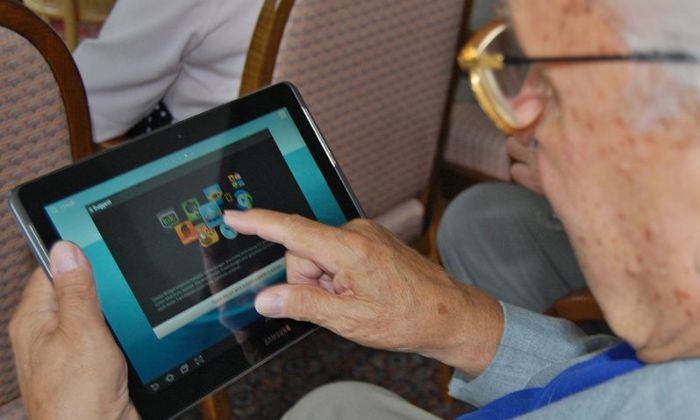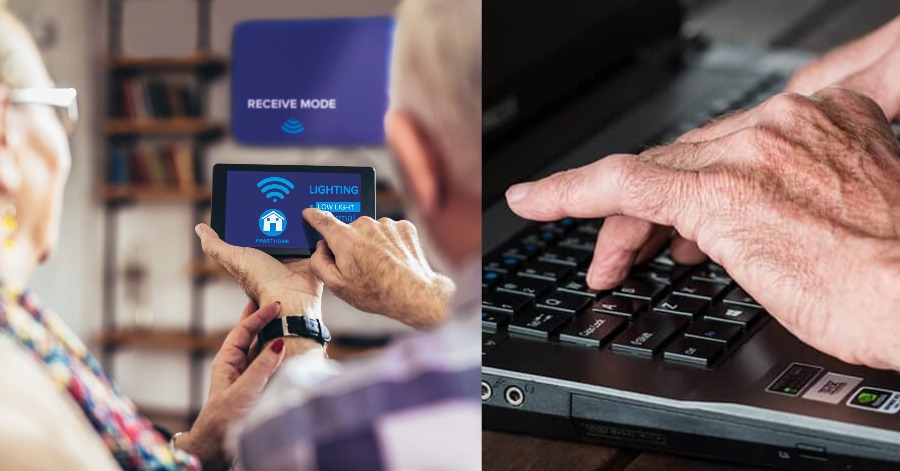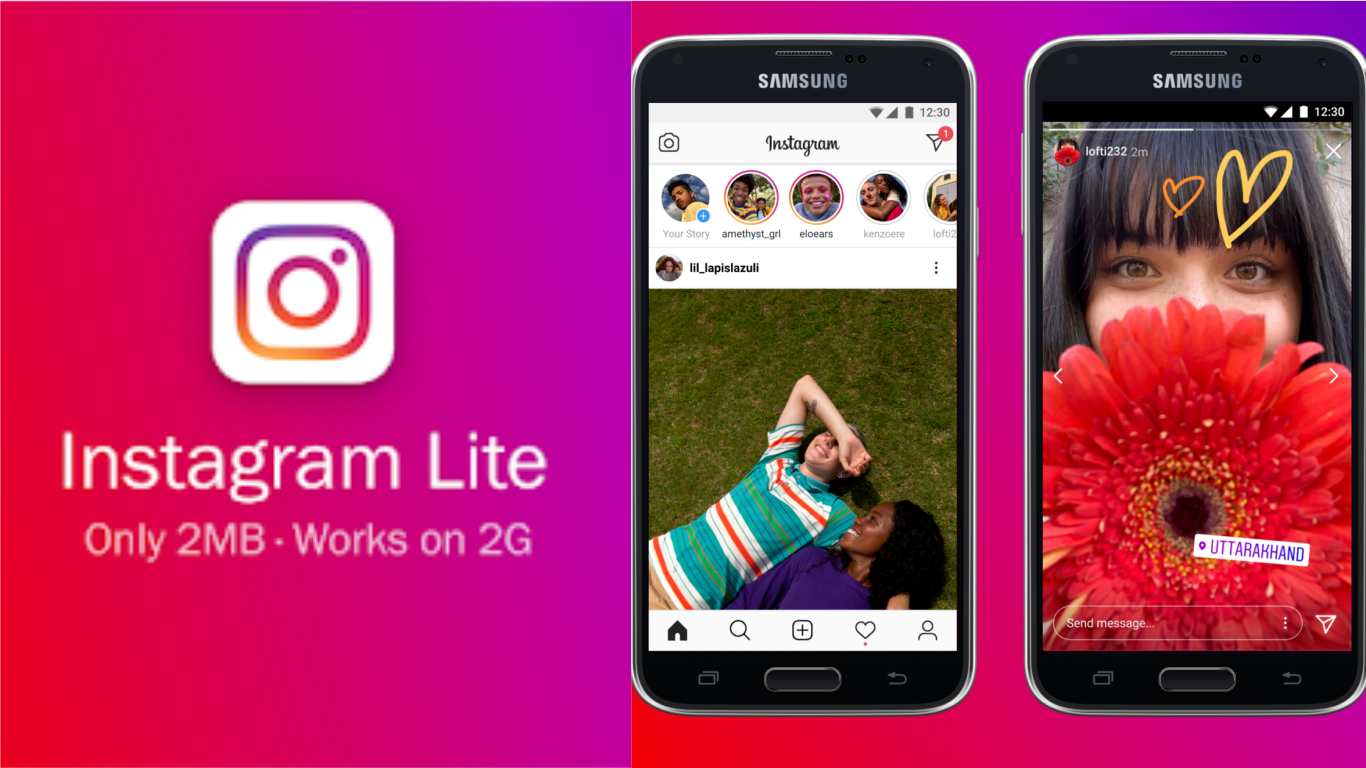According to scientific research, older people are almost four times more likely to have shared fake news on Facebook than the younger generation. Misinformation on social media is often fueled by older adults, who share fake news and dubious links more than other age groups up to seven times more than their younger counterparts.
But this doesn’t mean that older adults are worse at knowing whether something is true or not. According to the study, older adults were actually better at evaluating the veracity of headlines in a survey setting. So current fact-checking approaches are not necessarily the best route for slowing the spread of bad information.

Reasons why older adults more likely to share fake news:
1) General Cognitive Decline
When older adults read an online story, even if it’s identified as fake news, they may be more likely to remember the story and even begin to think of it as true.
2) Repetition Effect
Memory for the context in which the story is fake may be forgotten, but subjective memory which is familiarity with the story is recalled. This may explain how stories on Facebook or Twitter, which appear several times in a user’s feed, are more likely to be shared by older adults.
3) Digital Literacy
Represents a person’s ability to use technology effectively. It is believed that a lack of digital literacy could be a major factor in the sharing of fake news by older adults.
Sources: RTE.









Leave a Comment